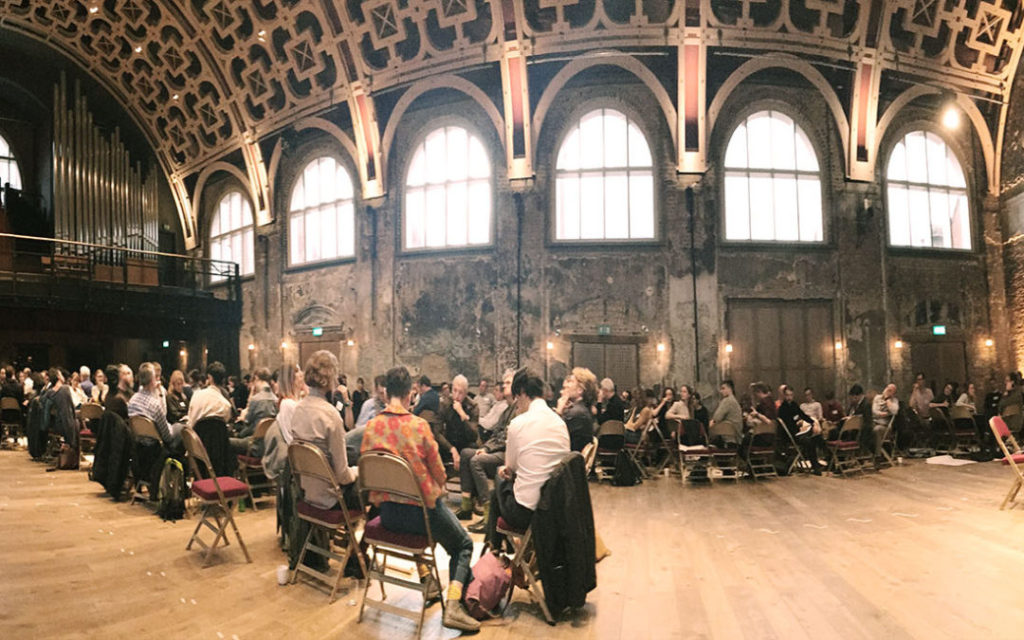
Lawrence and DaeWha went to the Architects Declare one-day session. Lawrence briefed the team about some of what he learned. The discussion was mainly about the lecture given by Kate Raworth, author of Doughnut Economics: Seven Ways to Think Like a 21st Century Economist. It was a vibrant and intense conversation.
TL:DR / One key takeaway: 100% measures are hugely easier to implement than 80% measures. Read below for more.
Lawrence: Kate Raworth talk.
Donut economy: circular system. Not a linear use model but moving to a regenerative one.
Moving from reduce carbon impact to zero carbon concept. Why can’t we do not just better, but actually do good?
Business: how you can have an impact based on the philosopy you subscribe to in the office, the different networks you associate with, and the ethos of the office itself. Are you being consistent with your values as an organisation?
Society in general, the values need to change somehow. Historically, we have had a capitalist model of using resources to make unsustainable growth, and we need to move away from that and think more about how what we do impacts humans.
She talked about how traditionally we have seen ourselves as “consumers” or “producers” or “creditors.” We need to see ourselves as a “voter” a “member of society”, a “mother”, a “participant in governance”.
Moving from “Monopoly” and everyone for themselves to “Pandemic” where everyone has to work together to succeed.
Rather than just measuring carbon dioxide reductions or use, one metric for measuring a building’s success and sustainability might be to compare it to what nature would be doing if it had the same plot.
A building in a desert would have a very different kind of sustainability to a building in a forest. If you’re following nature, you’ll be naturally as sustainable as you can be.
Laura: what to focus on? If we are already struggling to do zero-carbon buildings, then do we risk losing focus if we go for these absolutely far-out ideas?
How do you find a way to get to the goal? Do we enforce it? Government? A lot of it is up to the clients? Kate said that if you find a client who doesn’t stick to your values, then don’t take the project.
Weronika: society is changing, and we do need to keep pressing ahead and educate people around us.
Laura: The architecture world is changing because we are idealists in some way, but she wonders whether the business world is changing as well.
Kate said that when young people are looking for jobs, they are more critical about what jobs they want to apply for based on how sustainable they are.
Kate also said that 100% shift is much more powerful than a partial shift. With 80% shift to sustainability, everyone can end up saying they are the 20%
Weronika: Small projects perhaps have different criteria or might be driven by other factors.
Laura: Should we go 100% sustainable / zero carbon / etc… It’s a stronger story.
Laura: should we be actively searching for the clients who can do fully sustainable buildings? Weronika: there are trade fairs and this kind of thing.
Lawrence: Chunky concrete structure in Korea. It always bothered him that it was always going to be concrete or steel project just because that was what is easy to do there. Lawrence would like to calculate the volume of concrete we are using and find out the impact versus other materials.
Laura: Should we gain some skills on simple technical programs that allow us to see better the impact of the materials we are designing, etc…
Laura in Madrid learned a program (called CMX) that allowed her to calculate PV panel vs other measures for energy use.